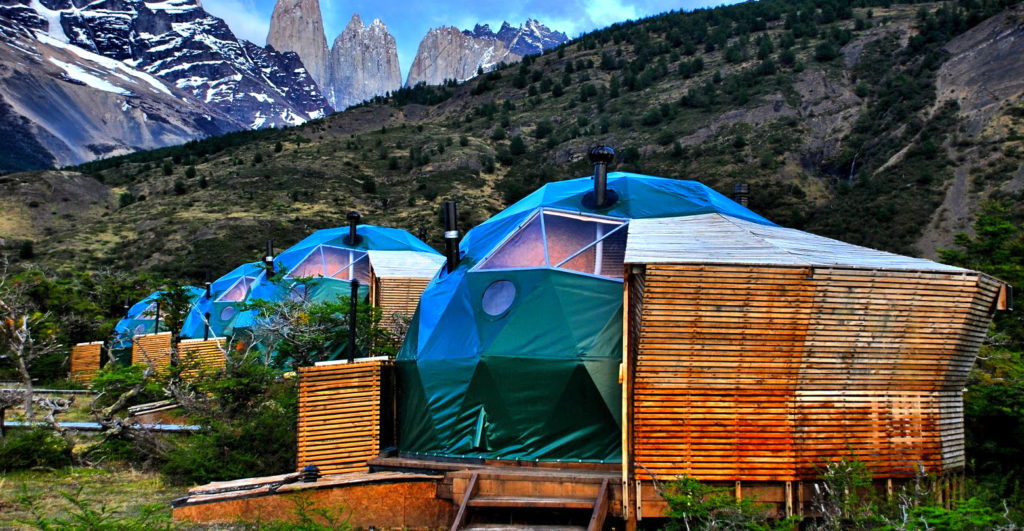
Have you noticed that your household bills for heating, water, electricity, and other utilities are higher than you would like them to be? Utility bills can really mount up and cause financial problems for you and the people you live with. Changing your energy providers can be one solution, but thankfully there are also some simple and easy changes you can make to keep costs down. Here are six ways you can reduce your utility bills and end up with more money left over to spend on whatever you like!
Use Dishwashers Sparingly
The average dishwasher can use between 6 and 10 gallons of water each cycle. If you only have a few dishes to clean, it is usually more energy-efficient to wash them by hand.
However, there is evidence to suggest that washing a dishwasher’s-worth of dishes by hand can actually use more water if you are not efficient. A solution to this could be to use your dishwasher but wait until it is full to turn it on instead of doing multiple cycles.
Take Showers Instead of Baths
Washing dishes is not the only household chore that uses a lot of water. When it comes to getting clean yourself, showers are typically much more energy-efficient than baths are. If you love a soak in the tub, why not save it for an occasional treat rather than a daily occurrence?
Wear Layers or Use Blankets Instead of Turning the Heating Up
If you are cold, your first thought may be to go and turn the thermostat up a little. However, this can cost money that could be saved by simply putting on extra layers such as a sweater or blanket!
Install Attic and Basement Insulation
Insulation prevents heat from escaping from your home. The most common places for heat to escape (apart from open windows and doors, of course) are attics and basements. Insulating these areas can result in your heating staying in your home for longer, meaning you can turn the thermostat down or have it on for shorter periods of time. Companies like Attic Projects Company offer home insulation installation for a variety of purposes.
Use Lower Temperature Washing Machine Settings
Most of the energy used by a washing machine is to heat the water. However, all but the toughest stains can usually be removed from clothing with only lukewarm or warm water. If your washing machine has an “eco” setting, try using this—if not, turning the temperature down just to 90 degrees (Fahrenheit) from 100 or more can make a huge difference to your utility costs.
Turn Appliances and Devices Off When Not in Use
One of the most effective ways to save on electricity bills is to get into the habit of turning off appliances when they are not in use. This includes turning off lights and lamps in rooms you are not in, and turning televisions, computers, and other devices off at the mains rather than simply putting them on “stand-by” mode.



